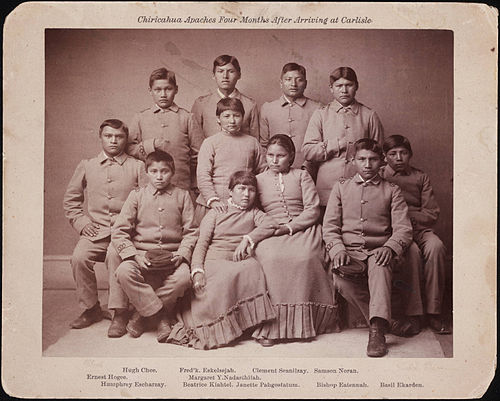I remember, way back when, some heady discussions about the possibility of a "Christian" political party. I was, back then, in the throes of a species of Dutch Calvinist life whose ism was created, in great part, by a Dutch theologian/politician/philosopher named Abraham Kuyper, specifically his conviction that Christ's rule extended into every inch of this world, including its persistently political corners. Still buy it, for that matter.
But we were more than a little idealistic. And that's okay--we were young. Besides, the whole moment was fun and inspiring, up on the shoulders of a radiant optimism that generated not only hope but a calling as well.
Today, all of that seems foolish. Today, Christians can't agree on what "christian" means.
One of the givens of that old optimism was that, for the most part, no appreciable differences existed between the two political parties. Maybe it was the senior Bush vs. Dukakis or Clinton--I don't remember; but I do remembering buying the basic perception that little difference was appreciable and bad.
If you see a time machine land anywhere close, let me know. I'd love to climb aboard.
Rasmussen Reports, a respected poling outfit, claims just about a third of us believe a civil war is likely in the offing. Ten percent are sure. Rasmussen says Democrats (36%) are more concerned than Republicans (32%); but the numbers not only speak volumes, they have volume. Almost 60% of us are concerned that those opposed to Trump and his agenda will actually take up arms. A whopping 33% are "Very Concerned."
America today, less than a week before the Fourth, is split like a ripe melon.
Those who study civil wars, wars within a nation, claim five ingredients are observable predictors of coming bloodshed.
1) entrenched national polarization, with no obvious meeting place for resolution;
2) increasingly divisive press coverage and information flows;
3) weakened institutions, notably Congress and the judiciary;
4) a sellout or abandonment of responsibility by political leadership;
5) and the legitimization of violence as the “in” way to either conduct discourse or solve disputes.I could make a case for all of them.
The latest Supreme Court rulings--the travel ban, labor unions, gerrymandering--convince those on the left that replacing Justice Kennedy will simply deepen political and social divisions at a time when the government is in the hands of a bare-knuckle fighter.
The Schaap's cable supplier has MSNBC, Fox News, and CNN almost side-by-side. Ever since Trump grew into legitimacy, switching from one network to the other is dizzying because the issues are so black-and-white, so contrary, so much like an old-fashioned photograph negative.
A Christian political party, we used to say. Forget it. The President's power base IS Christian conservatives.
A house divided against itself cannot stand. Cliche, right?
Scary.






























